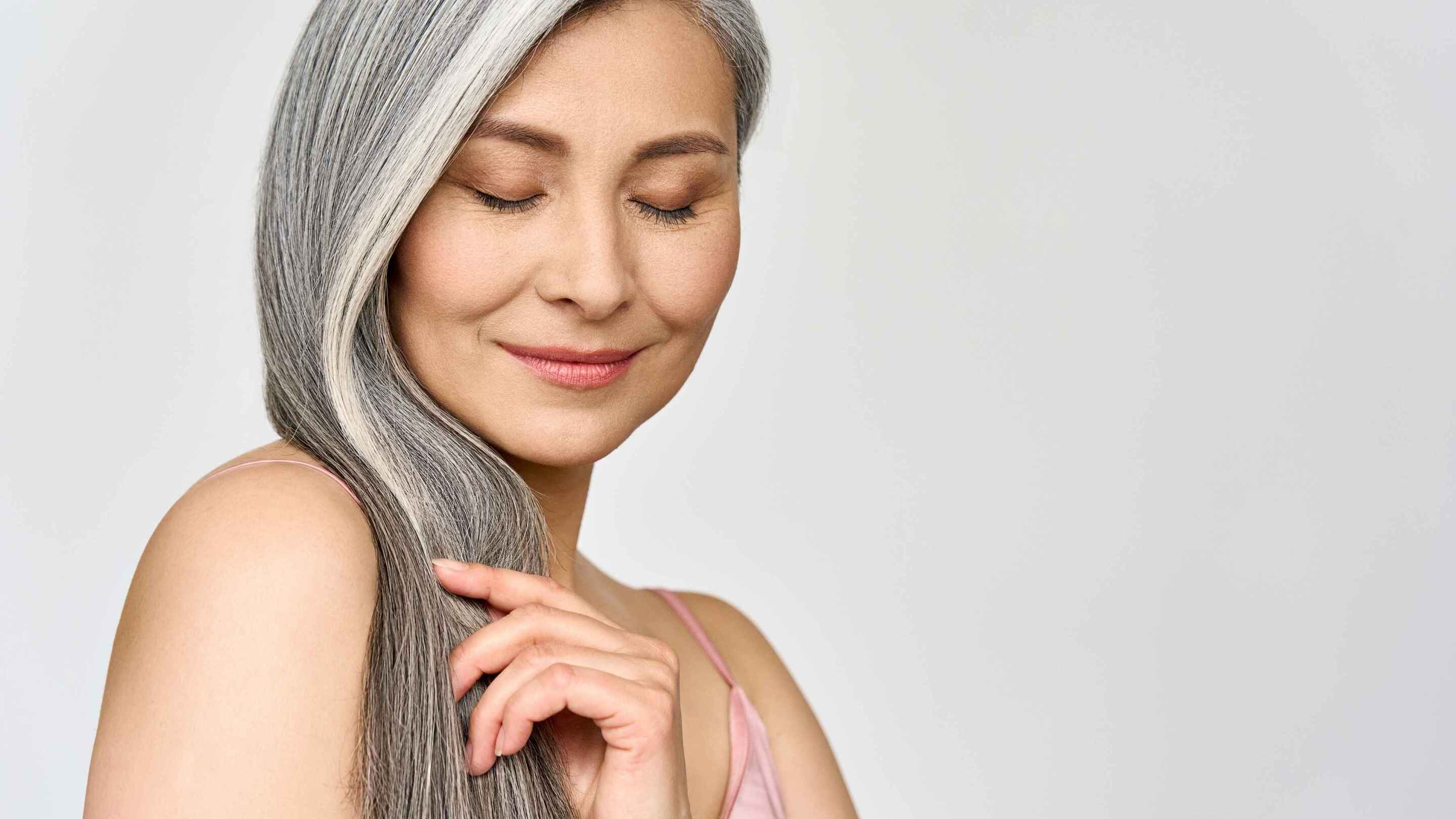Noticing grey or white strands in your 20s or early 30s can feel surprising—even frustrating. While we usually associate greying with aging, early onset is far more common than most people realize. Instead of panicking, it's worth understanding what's really going on. From genetic factors to stress and nutritional deficiencies, there's more to premature greying than meets the eye. In this guide, we'll break down the real causes, clear up common misconceptions, and explore what you can do to slow it down or manage it.
Natural Argan Oil & Lavender Sulfate Free Anti-Frizz Shampoo - 400ml
₹658
₹658






